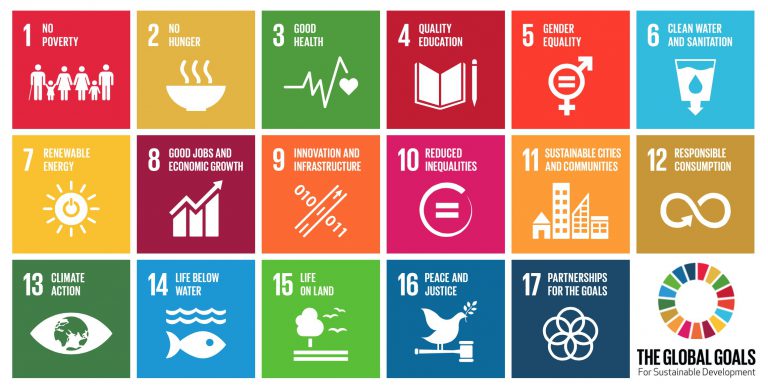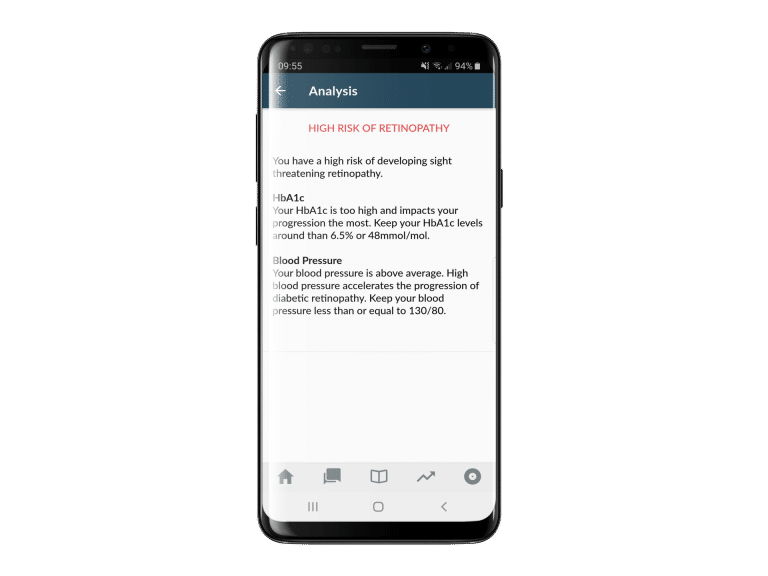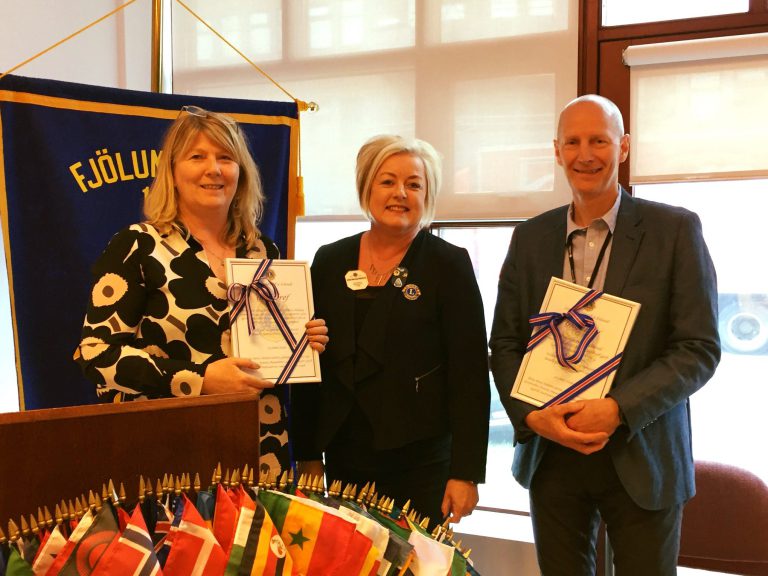Introducing RetinaRisk to Diabetics in Russia
This summer, we visited Moscow where we had the opportunity to introduce the RetinaRisk app and the clinically validated screening algorithm to fellow endocrinologists and other health care providers. We were pleased to learn that our interlocutors were very interested in using RetinaRisk’s cutting edge technology to empower and educate Russian diabetic patients and improve their eye screening systems.
The diagnosis of diabetes in Moscow has reached nearly the same rate as that of European countries, i.e., there are two diagnosed patients per one undiagnosed. The Moscow level of diagnostics is 1.5 times higher than the average in Russia and it has been increasing significantly since 2016, due to increased awareness and screening systems. According to a state register of diabetic patients, 9.6 million people in Russia had diabetes in 2013. However, a study from 2013 (DAWN 2), put that number at almost 13 million; the difference is due to the many undiagnosed cases, as well as the short statistical history (just since 2002) and the lack of nation-wide data.
Available data shows that the current prevalence of diabetes in Russia is moderate — around 6%. This is somewhat below the average European prevalence of about 8.5%. But the numbers are growing rapidly, more than 6% annually, compared with the global average growth rate of 2.7%. Some of this increase can be attributed to relatively longer longevity of Russians since the early 2000’s. We were also told that the average life expectancy in Russia today is about 70 years (vs. 83 in Iceland) and that obesity is a huge problem, due to changes in lifestyle. A 2008 report from the World Health Organization (WHO) indicated that about 60% of Russian adults were overweight and 26.5% were obese. Women were almost twice as likely to be obese than men.
We were particularly interested in hearing about the ongoing diabetes awareness and prevention efforts, which are of utmost importance in Russia these days; health authorities there recognize the need for patients to be aware of the grave complications of the disease, including diabetic retinopathy. In this regard, online educational programs for patients about diabetes are extremely important, given the size of Russia and the thinly spread health care resources. Implementation of validated screening programs could save considerable sums and reduce the incidence of sight-threatening diabetic retinopathy.
We look forward to a fruitful collaboration with our counterparts in Russia and are convinced that the RetinaRisk app will be instrumental in empowering and motivating persons living with diabetes in Russia towards enhanced self-care and better understanding of their individualized risk of developing sight-threatening eye disease.









